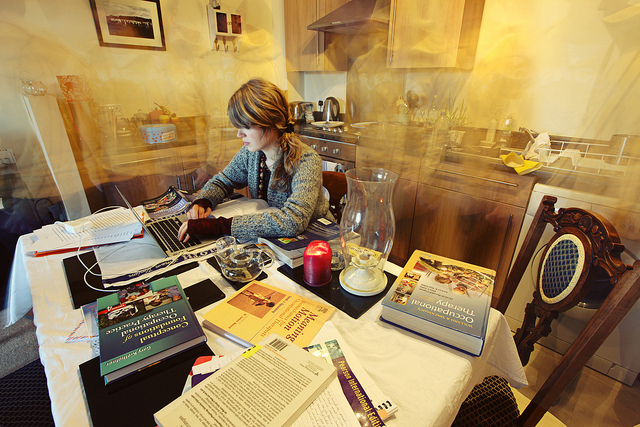Sense of Control

Social psychologists stress the importance of a sense of personal control as well as its sister traits, self-efficacy and mastery. Perceived control is the sense that the outcomes of one’s life are the result of one’s own actions (rather than chance or external forces). High levels of perceived control are linked to lower levels of psychological distress and greater resilience. Researchers wondered, though, whether perceived control might be a case of diminishing returns. Could distress win out even among these hardy masters of self-control?
In Social Psychology Quarterly, Paul Glavin and Scott Schieman investigated the relationship between levels of perceived control and psychological distress in the context of job insecurity. When a job is uncertain, they argued, social reality may conflict even with high levels of personal control. To test their idea, Glavin and Schieman used panel data collected from American and Canadian workers. The original idea held—that higher levels of perceived control led to lower psychological distress—but the relationship was curvilinear among workers who perceived a high likelihood of job loss. That is, despite their sense of control, when they felt their jobs were on the line, these workers experienced greater levels of psychological distress (on par with their peers, who had lower levels of perceived control), possibly because they felt their inability to take control of the situation most keenly.
There is no doubt that perceived control is a crucial psychosocial resource, but it appears the context and conditions of power or powerlessness in people’s lives hold real consequences for how much of this mental health benefit can be enjoyed.
